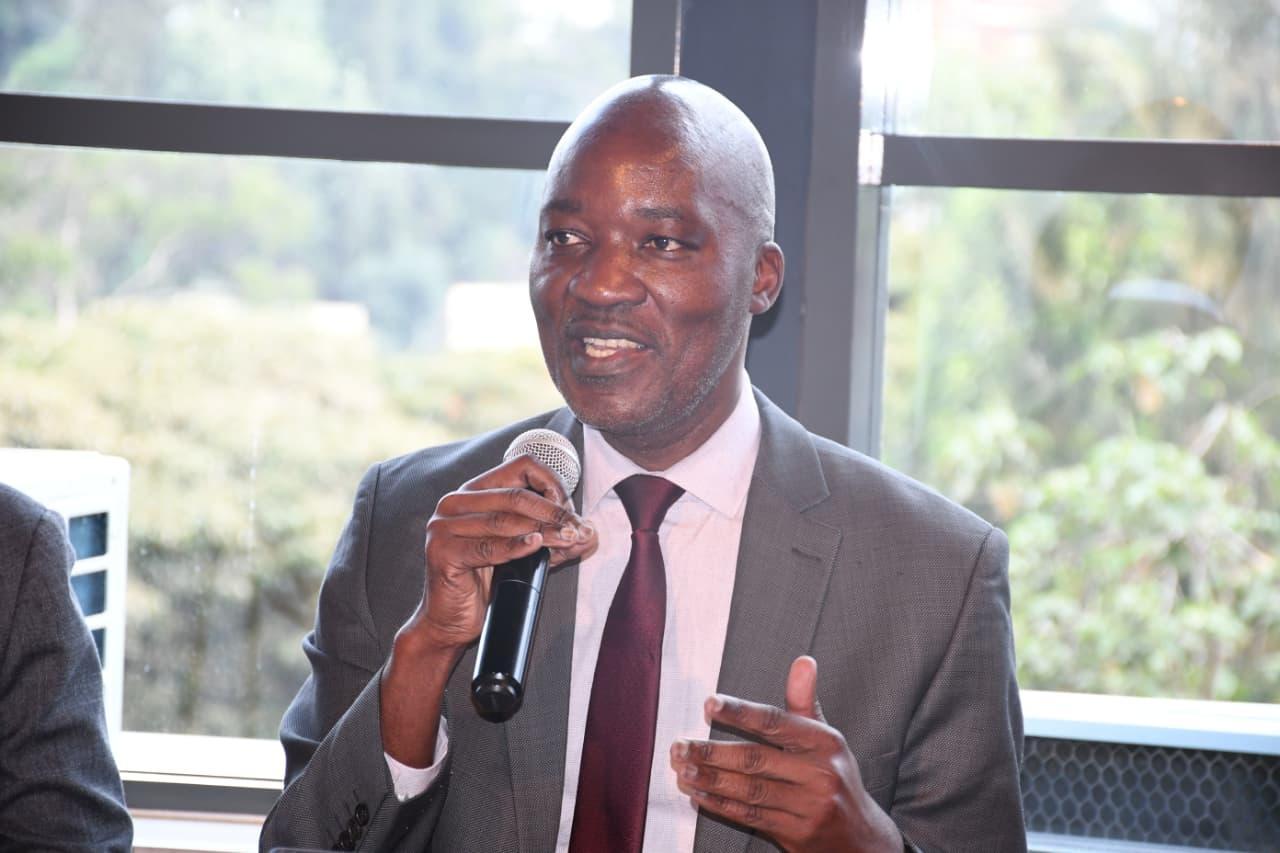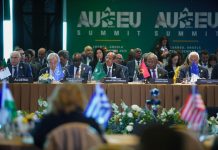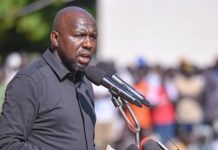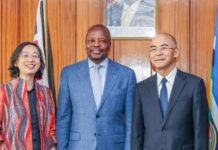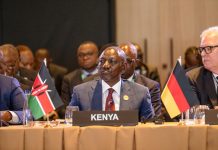Africa-Press – Kenya. Kenya is taking fresh steps to position itself as East Africa’s creative knowledge hub, with the government backing new efforts to open up creative data, strengthen collaboration, and elevate Kenyan stories globally.
Speaking on Wednesday at a high-level meeting convened by the Wikimedia Kenya User Group at Baraza Media Lab, Nairobi, the Kenya Film Commission Chief Officer Timothy Owase said the future of the country’s creative economy lies in open knowledge and interconnected creative ecosystems.
“Imagine a Kenya where creative data is accessible, counties operate as creative corridors, and creators from Nairobi to Turkana collaborate effortlessly. That is how Kenya becomes Africa’s premier co-production destination,” Owase said.
He noted that the creative sector is one of the fastest-growing areas of the economy, contributing to youth employment, national branding, and cultural identity, and export revenues.
“We are in a global race where ideas and knowledge sharing determine competitiveness. COVID-19 taught us that closed systems stagnate, but open ecosystems thrive,” he added.
Winnie’ Kabintie, the Executive Director, Wikimedia Kenya User Group speaking in Nairobi./HANDOUTOwase said opening up creative knowledge will reduce duplication, spark innovation, and allow creators, especially youth and regional talent, to access opportunities previously locked behind information barriers. He highlighted several gaps that must be addressed, including fragmented initiatives, limited access to accurate market data, weak links between creatives and academia, and knowledge locked within institutions instead of being shared sector-wide.
Content creator Vivian Mutheu welcomed the initiative, saying it will give Kenyans greater power to shape their own narratives.
“If we have platforms where visuals are tailored to what people need, then we can finally fill the gaps that have held us back,” she said.
She added that although creators have the freedom to tell their stories, more funding and more creative spaces are still needed. Executive Director, Wikimedia Kenya User Group Winnie Kabintie emphasized the importance of documenting creative knowledge so that it can be preserved and accessed widely.
“Our theme today is amplifying Kenya’s creative industry through open knowledge and collaboration. We want to raise awareness of the existing content gaps and the policy barriers that prevent fuller representation of Kenya’s creative sector online,” she said.
The group has recently focused on translating and improving Wikipedia entries to make information more accessible to Kenyan audiences.
In the past four weeks alone, volunteers have enhanced more than 120 articles and created 10 new entries on key human rights topics, including the biography of the late human rights lawyer Willie Kimani and an explainer on Kenya’s two-thirds gender rule.
Creative industry strategist John Wambugu said open collaboration will help preserve Kenyan stories and ensure they are not distorted over time.
“The more we amplify our stories, the more the world understands them, not just for now, but for future generations,” he said.
For More News And Analysis About Kenya Follow Africa-Press

